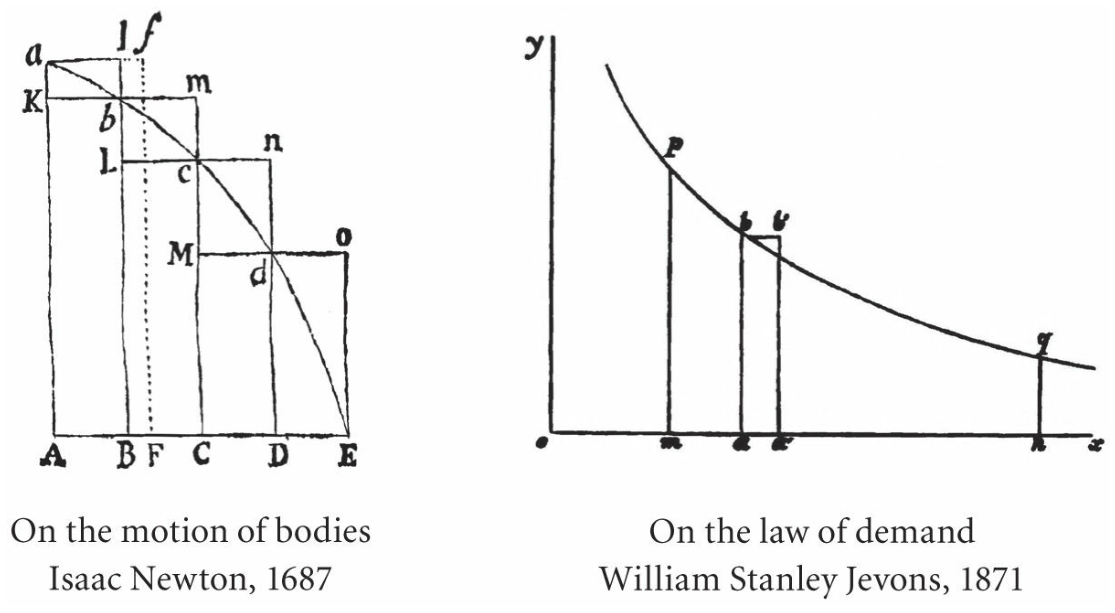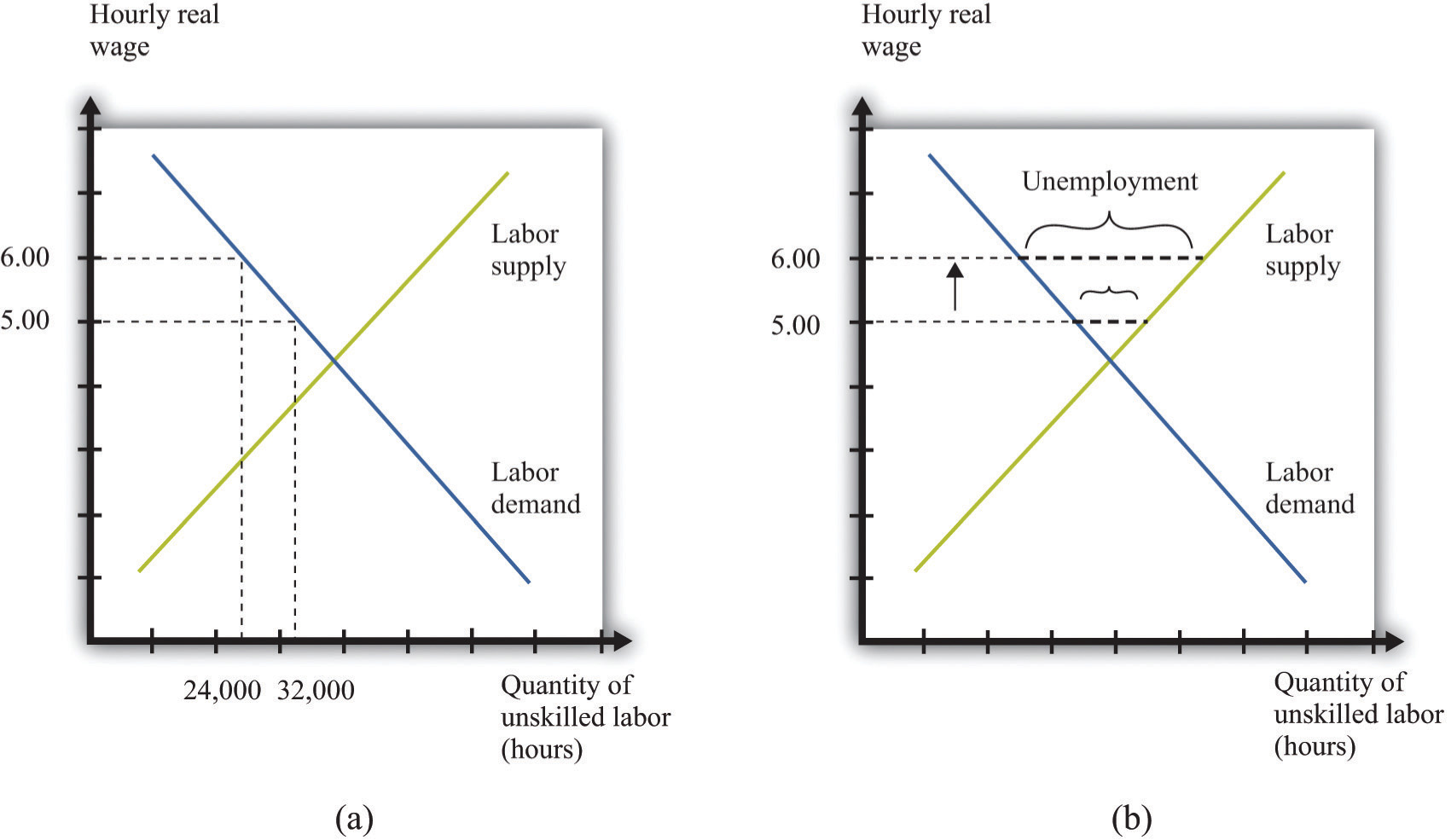

Im not sure what you mean when you say you don’t want historical content, since that is what documentation is. Other than that there are fictional stories if that’s what you are looking for?


Im not sure what you mean when you say you don’t want historical content, since that is what documentation is. Other than that there are fictional stories if that’s what you are looking for?


Maybe check out Everyday Utopia by Kristen Ghodsee? She writes about different egalitarian communities in history


why is settlers a bad book?


My question would be, why do we want to model supply and demand in the first place? As we see in liberal economics, supply and demand is just used as a justification for pushing deregulation policies. if you want to use the model for other means, the problem is that it’s only useful in markets of perfect competition, which are very rare. perfect competition occurs where there are virtually infinite producers (because the barrier to entry is super low) and the products are identical. i like the example of apples or potatoes in a farmers market. producers have to set the ‘market price’ because otherwise people will buy the other thing that’s the same and cheaper (but then you assume that people don’t have a favourite stall, all the producers haven’t colluded etc etc). most of the time you have a monopoly or oligopoly situation, so supply and demand equilibrium becomes meaningless, because the firms can set any prices they want.
for recommendations, i like unlearning economics I like his debunking of liberal econ (disclaimer that i disagree with his views on market socialism and LTV). check out the ‘death of econ 101’ video for supply and demand stuff. Doughnut Economics which i mentioned is a pretty good debunking of models that advocate for growth and free markets, it’s a light read. it is more focused on sustainability rather than socialism, but i think it’s good at suggesting alternative ways at looking at an economy. for instance as a cycle rather than an intersection of lines (Marx did it first but whatever, i like cool graphs). i would also recommend looking into the field of behavioral economics, since it’s whole purpose is to debunk the liberal claim that people in a market are ‘rational actors’.
i also recommend this course on economics4emancipations website for a brief socialist oriented economics course (not really about debunking though). it has really good readings suggestions as well.
i guess my main point would be just to keep in mind when looking at a model: what does this assume about humans and relations? what is the goal of the person presenting the model? is this model backed up with statistically significant evidence?
sorry for the a bit long reply, it’s my area so i have quite some thoughts on it. would love to answer any more specific questions anytime too


essentially yes. you will can only observe the equilibrium price, and the curves are an abstraction of all the possible interactions of producers and consumers in a competitive market. there are ways of deducing these curves, but they are kinda tautological. also like, the curves were made curves only because it looked like newton’s graphs, which makes them more scientific by association (pic from Doughnut Economics by Kate Raworth).



Antonio Gramsci’s work on hegemony could be interesting. These topics are still quite broad, like technology, trends or social media. What information specifically are you looking for? What is your goal?


Changes in supply and demand explain why changes in prices happen (in a perfectly competitive market), not where those prices come from in the first place (see lemmygrabers comment). The issue in liberal economics is applying this model to things that have many more factors (labour, housing). For example saying that minimum wage distorts the market and causes unemployment:
 Clearly policymakers are attempting to depoliticise a very political issue by appealing to economics as if it is a natural science. So as marxists we should be aware of how economics is used in class struggle to justify certain actions. The minimum wage thing was disproven quite some time ago now, but the issue still persists because the model is seen as some common sense.
Clearly policymakers are attempting to depoliticise a very political issue by appealing to economics as if it is a natural science. So as marxists we should be aware of how economics is used in class struggle to justify certain actions. The minimum wage thing was disproven quite some time ago now, but the issue still persists because the model is seen as some common sense.


looking forward to the future when continental travel is completely done by train! would be also a big win for my older relatives who cant travel by plane due to medical conditions. there are just so many pros for trains.


Companies very much prefer one time costs (bunch of equipment) rather than recurring ones (wages). One time costs (1) look better on the balance sheet and (2) are easier to justify to shareholders as they don’t eat into future profits. Businesses basically never base their decisions on math ever.


I would ask for what purpose do you want to read? Which areas interest you most? If you just want to read to learn, then nothing is ‘supplemental’. I would urge you to just read as much as possible and not focus on what reading is more important.
If you are just starting out, I would recommend on the origins of family and Imperialism. If you are having trouble with facts, don’t hesitate to look it up or ask here. It was written 100 years ago after all, so knowing the context helps a lot.

yeah its stanislaw lem! same person who wrote solaris. the game is based on the story of the same name ‘the invincible’. the story in the game is about the same planet as in the book, but with different characters.

The Invincible by 11 bit studios was a very cool experience. Played it over the weekend last month. It has this Soviet sci fi story aesthetic (of course bc it’s based on a story by Lem), great tension build up, great conversations, branching story that actually branches.


Between 1895 and 1945 Taiwan was occupied by Japan. Mao was at one point pro Taiwan independence from Japanese rule, since back then there was a strong anti colonial workers movement. After Japan capitulated, the island was given to ROC to occupy “on behalf of allied forces” (as declared by Gen McArthur). Then followed massive repressions of all leftist opposition. The ambiguous status quo since the 90s is that Taiwan retains its self governance, but foreign policy is steered by China.
Right now there are two major political parties in Taiwan: the pro independence DPP and pro status quo KMT. The left is extremely weak and divided. Imho, an independent Taiwan only serves US foreign interests, so would be skeptical of any movement that supports it. Taiwan’s presidential elections are scheduled for January 2024, it is likely that DPP will hold on to the position. Their VP candidate is a former diplomat to the US. It is very obvious that their stance for independence is a stance for cozying up with the States.
To summarize, there was a period of time when an independent Taiwan would be in leftist interests, but at the moment that is not the case.


Very cool achievement. Wondering how space exploration will look like post ISS + how space exploration cooperation will look like.


just some thoughts from my readings. if anyone has corrections ill be happy to edit.
I would be wary of the idea of innovation for innovations sake. If you do want to point to things, I’d point to the USSR space program. There are also numerous nobel prize winners for specific scientific discoveries. Also the internet in the US was government funded. The basic idea of innovation in capitalist mode of production is that the risks of development are taken on by the public (taxes paid for research, eg. vaccines), but the technology and profits are appropriated by the capitalist class.
Depends when, but in later stages of the USSR you could make a small business. But to me the question is: what exactly do you want to pursue? If you have an idea how to improve a specific product you could petition to work at that specific department. Making new products would be under the jurisdiction of the relevant GOSPLAN department.
Essentially correct, except there were complex (and patchwork) systems in place for purchasing and distribution of produce.
There were penalties in place if you refused to work (fines, visits by authorities). You dont lose housing (you are always assigned one) or medical care (free) or payment for family (women worked in the USSR too + childcare was available), but you could get in serious trouble. The question here is also: why would you refuse to work? If you didn’t like your workplace you could fill paperwork to be reassigned. You had vacation days etc. So a refusal like that would probably be seen as a sign of distress.
Not easy to answer in a paragraph, but the basic gist is that after Mao the CPC changed quite a bit and saw the introduction of foreign capital and market reforms as a necessity for progress. I think the current CPC position is that they are building up productive forces before moving on to the next stage of socialism.
I would recommend the book Everything for everyone (https://www.commonnotions.org/everything-for-everyone) which is a fictional account of a near future communist New York.
I would also recommend to not try to seek out an unbiased account of communism, which does not exist. There are a lot of assumptions that go into it and will be of course influenced by the authors biases.